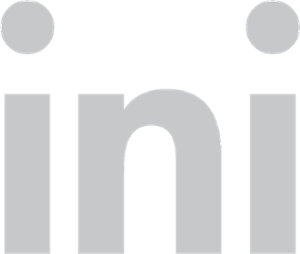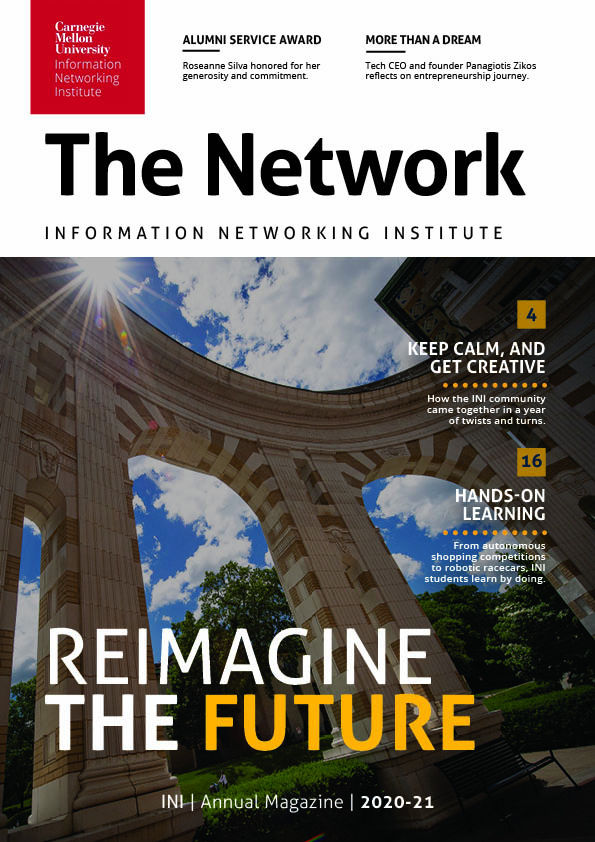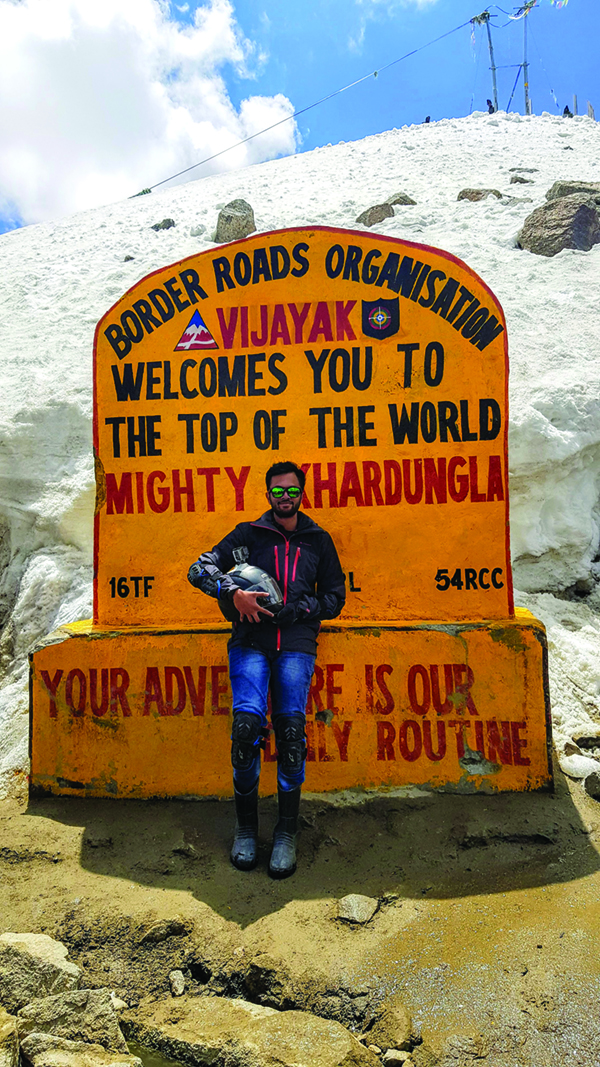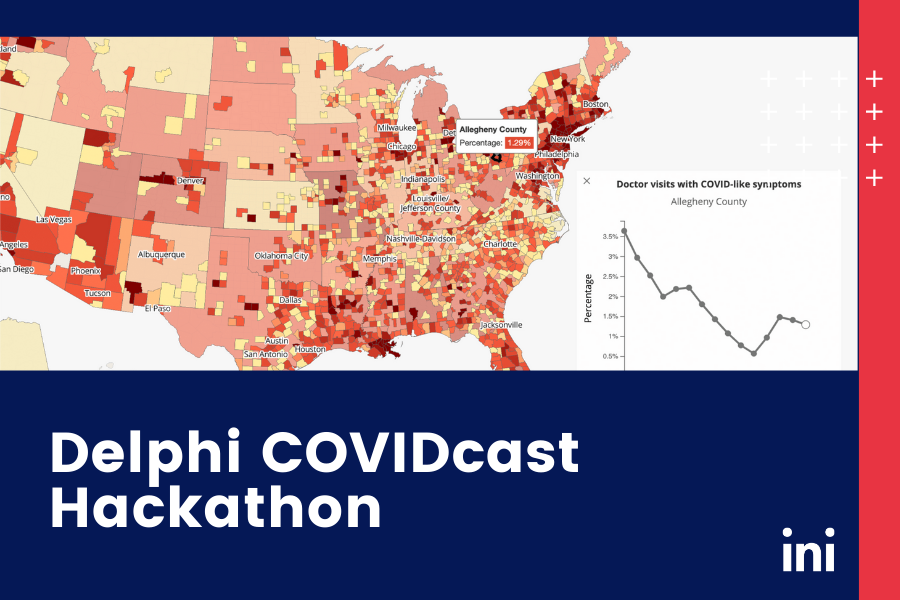Keep Calm and Get Creative: 2020 Edition
By Jessica Shirley
& Deana Lorenzo
This year was full of unexpected twists and turns. Here are some ways the INI community pulled through.
Graduate school is meant to be tough. It tests you, motivates you and pushes your creative limits. Work hard and you will gain not only the credentials to succeed in your field, but also rewarding experiences, connections and knowledge that benefit you for life.
Grad school is hard enough as it is, and 2020 only made it harder. The COVID-19 pandemic sent shockwaves around the world and life as we know came to a grinding halt. The INI community was no exception. Nationwide shutdowns, hiring freezes, and travel restrictions affected incoming and current students alike, while faculty took on the challenge of redesigning courses for remote and hybrid learning. Meanwhile, the human toll of the virus has left us in a state of uncertainty that’s unlikely to go away any time soon.
Throughout it all, INI students, alumni, faculty and staff demonstrated that life goes on even in this strange, new reality. They managed to land internships and start jobs in new cities. They engaged virtually in their courses and in campus life from different time zones. And most importantly, we all found new and creative ways to support one another.
We want to take a moment to reflect on a few important things we learned this year and celebrate what makes the INI so wonderfully resilient: you!
Trust your network
Internships are an important part of the INI experience. Our students secure competitive placements with high salaries at top tech companies and perform so well they often receive return offers. But when the pandemic struck, students faced a new challenge: how to launch their career with this steppingstone experience during the peak of hiring freezes and layoffs. In response, Rachel Amos, INI Director of Career Services and Employer Relations, ramped up her career coaching and networking efforts, including tapping into the INI alumni network.
“Our generous alumni shared openings on their teams which allowed students to secure an internship,” said Amos. She also leveraged INI’s relationship with the Pittsburgh Technology Council to connect with local startups, forming nine new partnerships with emerging companies.
As a result, 100 percent of students secured meaningful and challenging summer internship experiences.
“I was able to get valuable experience as a security engineer as well as understanding what it takes for a startup company to be successful,” said Arezu Mansuri, a bicoastal information security student who worked for a cloud security startup co-founded by a CMU alumnus. “The technical experience and communication skills I gained will allow me to have a strong start to my career.”
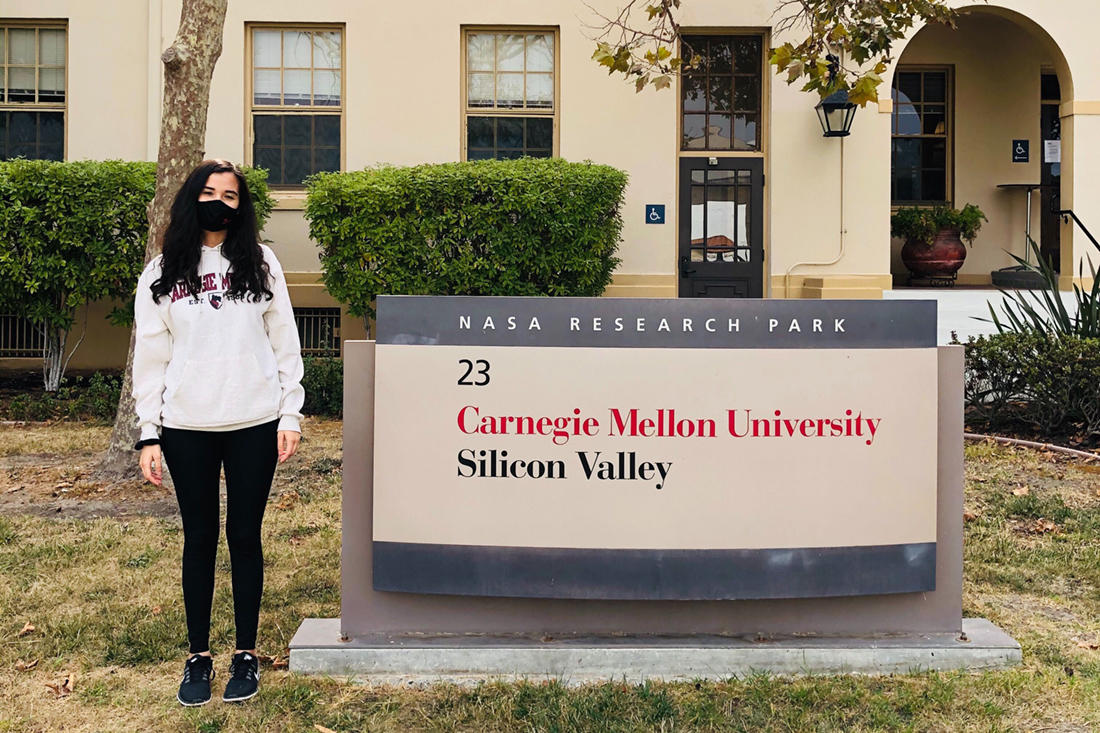
“The uncertainty we dealt with during the spring semester helped me prepare to face the uncertain future,” said Shakul Ramkumar, who interned at Apple. He also landed his internship through the INI’s alumni network.
“The INI came to the rescue by teaming me up with another INI alum who gave personal and contextual advice regularly throughout my internship,” he said.
For Ramkumar, the highlight of the summer was presenting his internship project to Craig Federighi, Apple Senior Vice President of Software Engineering: “If you had told me a year back that I would be doing this, I wouldn’t believe it!"
Adapt to the present, reimagine the future.
A few weeks before the INI admissions acceptance deadline in April, the university, and much of the U.S., shut down. Admitted students faced a difficult decision: whether to begin their graduate program now in the midst of the pandemic, recognizing that their first semester at their dream school would be far different from what they imagined.
INI director Dr. Dena Haritos Tsamitis set the tone for the INI’s response: “We understand these are challenging, uncertain times, but we are here to support you in every way possible. Your time is now!”
She led the INI’s staff and faculty team through a robust summer engagement initiative, marked by frequent, transparent communication and creative incentives to support fall enrollment.
No matter your location, your home is the INI.
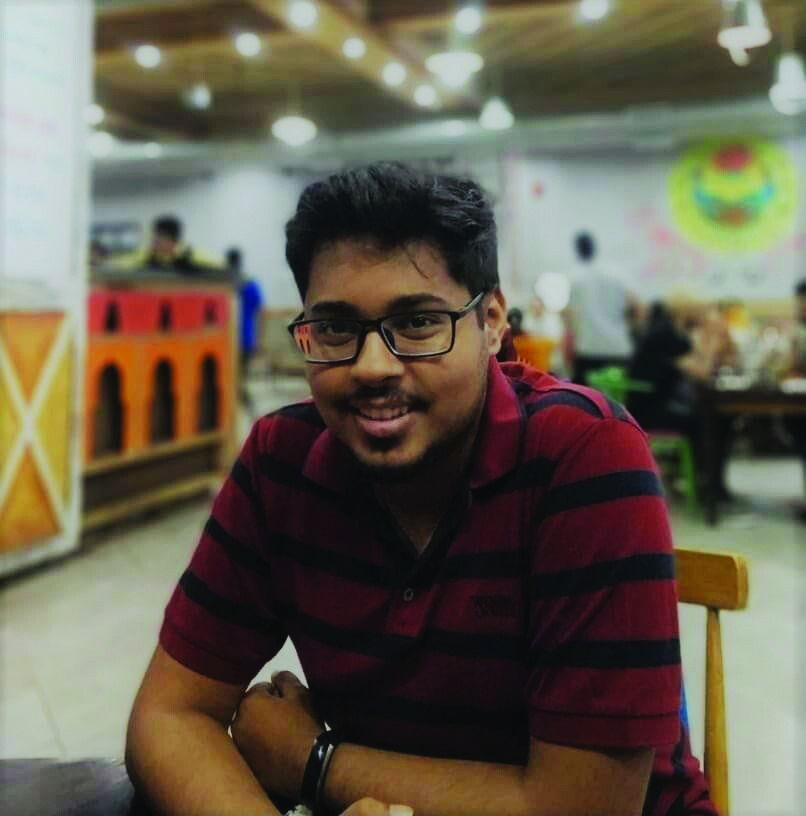 For INI’s new international students, the journey to Pittsburgh was complicated by shuttered consulates and long waits for visa interviews. After months of lockdown, first-year student Sreyash Tripathi learned that his local embassy in India had opened just days before classes began in August.
For INI’s new international students, the journey to Pittsburgh was complicated by shuttered consulates and long waits for visa interviews. After months of lockdown, first-year student Sreyash Tripathi learned that his local embassy in India had opened just days before classes began in August.
He managed to get his visa and book a flight with one of only three airlines – compared to the typical 20 plus – flying to the U.S. but was turned away at the check-in counter because the ever-fluctuating international travel rules had changed once more. After another re-booking and nearly losing his luggage in Newark, which he discovered by deciphering his boarding pass barcode like the security pro he is, Tripathi arrived in Pittsburgh.
“Resilience is the key to move forward at CMU,” said Tripathi, relieved to have made it to his new home in Squirrel Hill.
“When I got admitted to the INI, I knew that COVID or no COVID, this wasn’t an opportunity to miss out. The faculty and the academic team at INI were extremely supportive!”
A key element of this supportive approach was fostering a sense of community virtually through exciting, hands-on opportunities. Tapping into the COVID-19 pandemic tracking and forecasting effort underway at CMU, the INI partnered with Delphi Research Group to host a COVIDcast hackathon.
“This hackathon was inspiring because we had INI alumni working with current and newly admitted students, all coding together on a great cause,” said Professor Aleecia M. McDonald. “The INI family stretches back over 30 years, and we still come together to use our time and talent for public good.”
For Xinna Guo, an MS32 student from China, winning the hackathon strengthened her determination to start at the INI right away. Faced with embassy closures and travel restrictions from China to the U.S., she traveled to Cambodia to apply for her F-1 visa but was rejected. She did not give up.
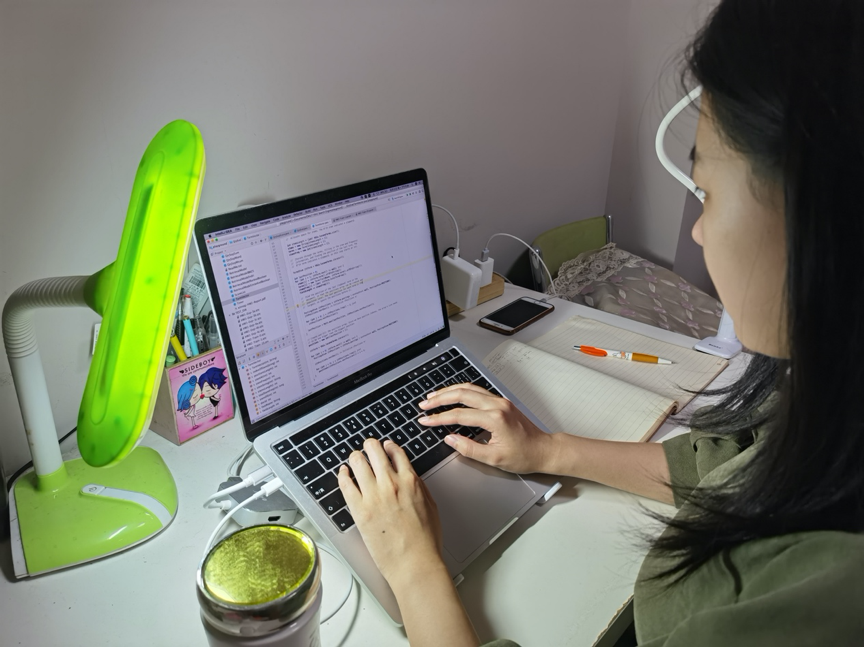
“Thanks to the support from INI classmates and faculty, I managed to pass my second interview and finally got my F-1 visa,” said Guo, who opted to study remotely from China for the fall semester. Her decision was solidified by the INI’s supplemental funding to build a more productive remote study environment in addition to flexible internship options.
Keep calm, and... get creative!
Carnegie Mellon’s faculty are world-class, renowned educators. In just a few short days, they transitioned their courses online in March. But when faced with a hybrid fall semester, they had to entirely reimagine course content and rethink the materials and tools students needed to succeed, whether they were in Pittsburgh or across the globe.
For “Introduction to Embedded Systems,” a heavily lab-based, hands-on course, Professor Patrick Tague redesigned the lab activities and restructured the delivery model to accommodate students across the world. Working with the INI team, he mailed 32 lab kits throughout the U.S. and Asia containing an embedded prototyping board and external sensors. Rather than using standard programming libraries or operating systems that most embedded developers use, his students learned to build those components from scratch while working directly with the processor and peripheral modules.
“It’s critical that we provide our students with the same quality experience via hybrid instruction as they would get in any other semester,” said Professor Tague.
“As a faculty member, I want to do all I can to ensure students learn as much as possible, and we also want to throw in some fun, to keep spirits high during these challenging times.”
